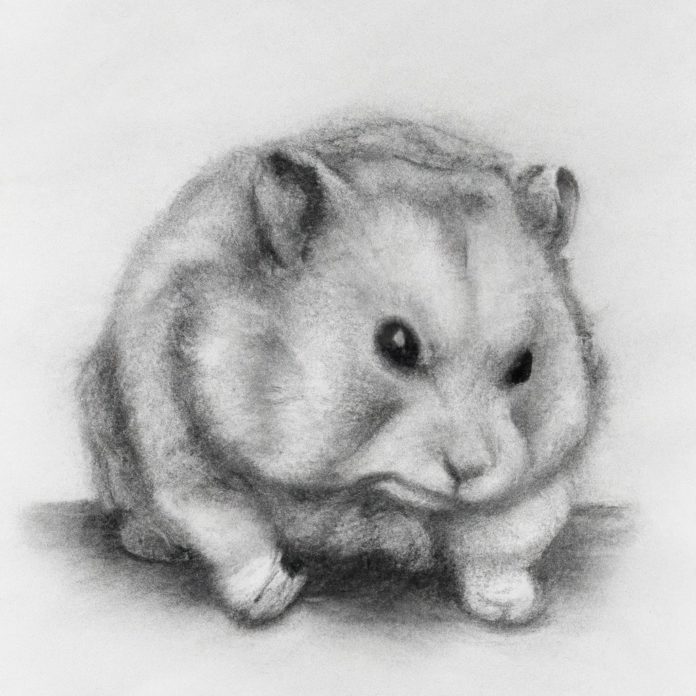Dear VetBabble: “My Hamster Has a Large Lump. What Should I Do?”
As loving pet owners, discovering a large lump on our pet, whether it’s a hamster, dog, or cat, can be quite concerning. It’s essential to address the underlying concern and determine when it’s time to consult a veterinarian. In this article, we’ll discuss some possible causes for lumps in pets, as well as some general advice for all pet owners dealing with this issue.
Possible Causes of Lumps in Pets
There are several potential causes for lumps in pets, from benign growths to more serious health issues. Some common reasons include cysts, abscesses, tumors, and infections. A cyst is a fluid-filled sac that can develop in various areas of the body. They are usually harmless but can become inflamed, infected, or grow in size, causing discomfort. An abscess is a pocket of infection, often caused by bacteria, and can be extremely painful for the pet. Tumors are abnormal growths of cells that can be either benign (non-cancerous) or malignant (cancerous).
For hamsters, especially older ones, tumors of the mammary gland are relatively common, but the lump can also be due to a cyst or abscess. Visit Insulinomas in Ferrets: Causes and Treatment for specific information on ferrets, while pet owners of dogs and cats can look at Lumps and Bumps: When to Worry and Cat Bite Abscesses: What They Are and What to Do! for advice tailored to their pets.
What to Do When You Find a Lump in Your Pet
Upon discovering a lump in your pet, it’s essential to promptly consult with a veterinarian who can assess the situation and determine the best course of action. The following steps outline what to do when faced with this issue:
- Remain calm: While it’s easy to become worried, it’s essential to remain calm and remember that not all lumps are a cause for concern. Many can be benign and may not require treatment.
- Monitor the lump: Keep an eye on the lump, checking for changes in size, texture, and color. Remember when you first noticed it and any relevant observations about your pet’s behavior or health before finding the lump.
- Book a veterinarian appointment: Schedule an appointment with your veterinarian as soon as possible. During the visit, they can examine the lump, run diagnostic tests, and determine the best course of action.
- Follow the veterinarian’s advice: If the lump is benign, your veterinarian may advise monitoring it and report any changes. If treatment is necessary, follow their recommendations closely and ensure that your pet receives the proper care.
It’s important to note that lumps can be more complicated in some pets, such as dogs with a higher risk of developing cancer. In these cases, early detection and treatment are crucial. Refer to Cancer in Dogs: Facts, Symptoms, and What to Expect for more information on canine cancer and its signs and symptoms.
Preventative Care for Pets
Regular check-ups and preventative care are essential in maintaining your pet’s health and catching any potential health issues early on. Some ways to ensure your pet remains healthy include:
- Regular visits to the veterinarian for check-ups and vaccinations
- Keeping your pet on a balanced diet and monitoring their weight
- Ensuring your pet receives the proper exercise for their species and age
- Grooming and inspecting your pet regularly for lumps, bumps, or anything unusual
- Discussing any concerns or changes in behavior with your veterinarian
In conclusion, finding a lump on your pet can be concerning, but it’s essential to remain calm and consult with a veterinarian promptly. Many lumps are harmless, and the veterinarian can determine the best course of action. Regular check-ups and preventative care are crucial in keeping your pet healthy and ensuring any potential health issues are detected early.









